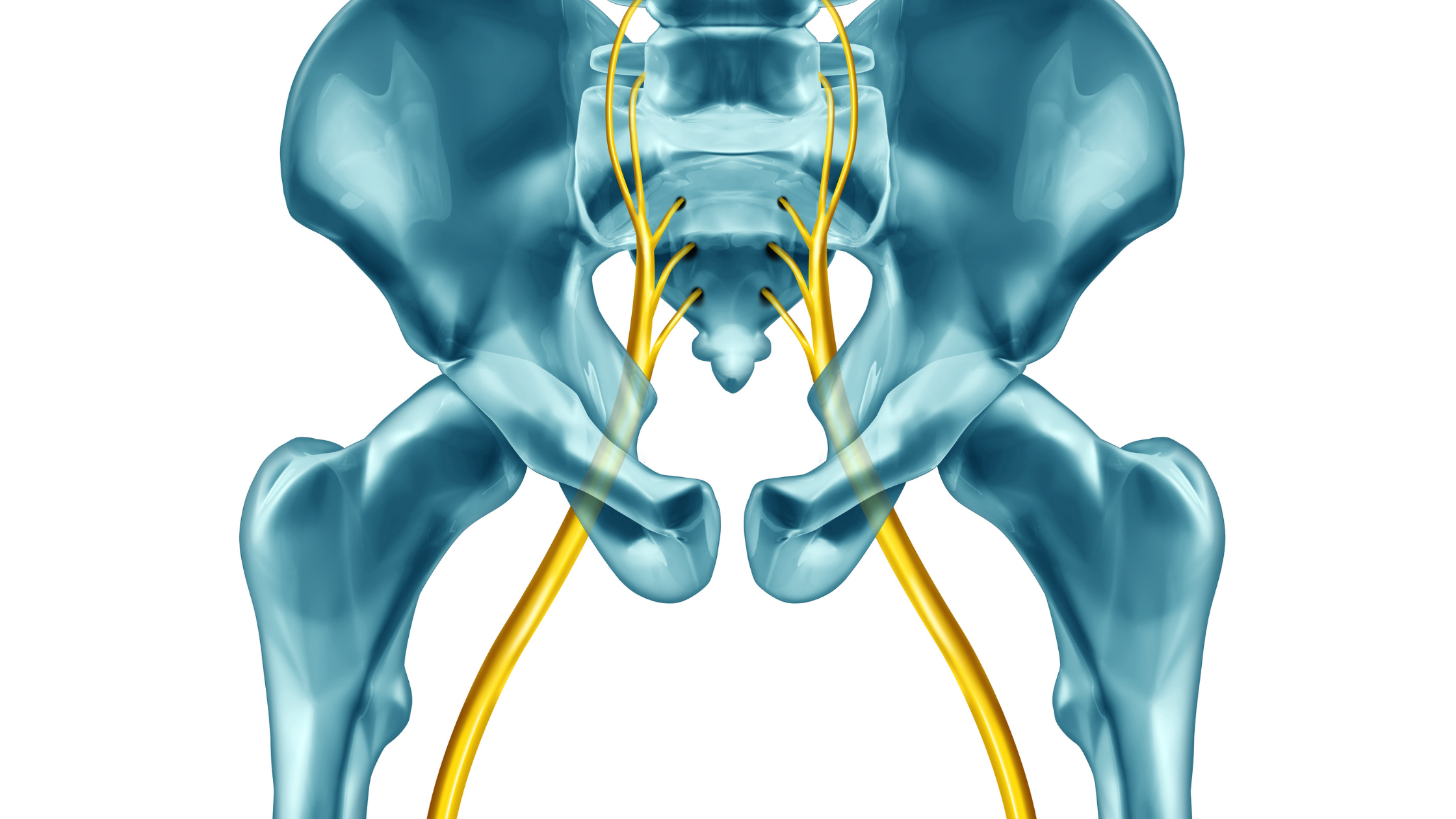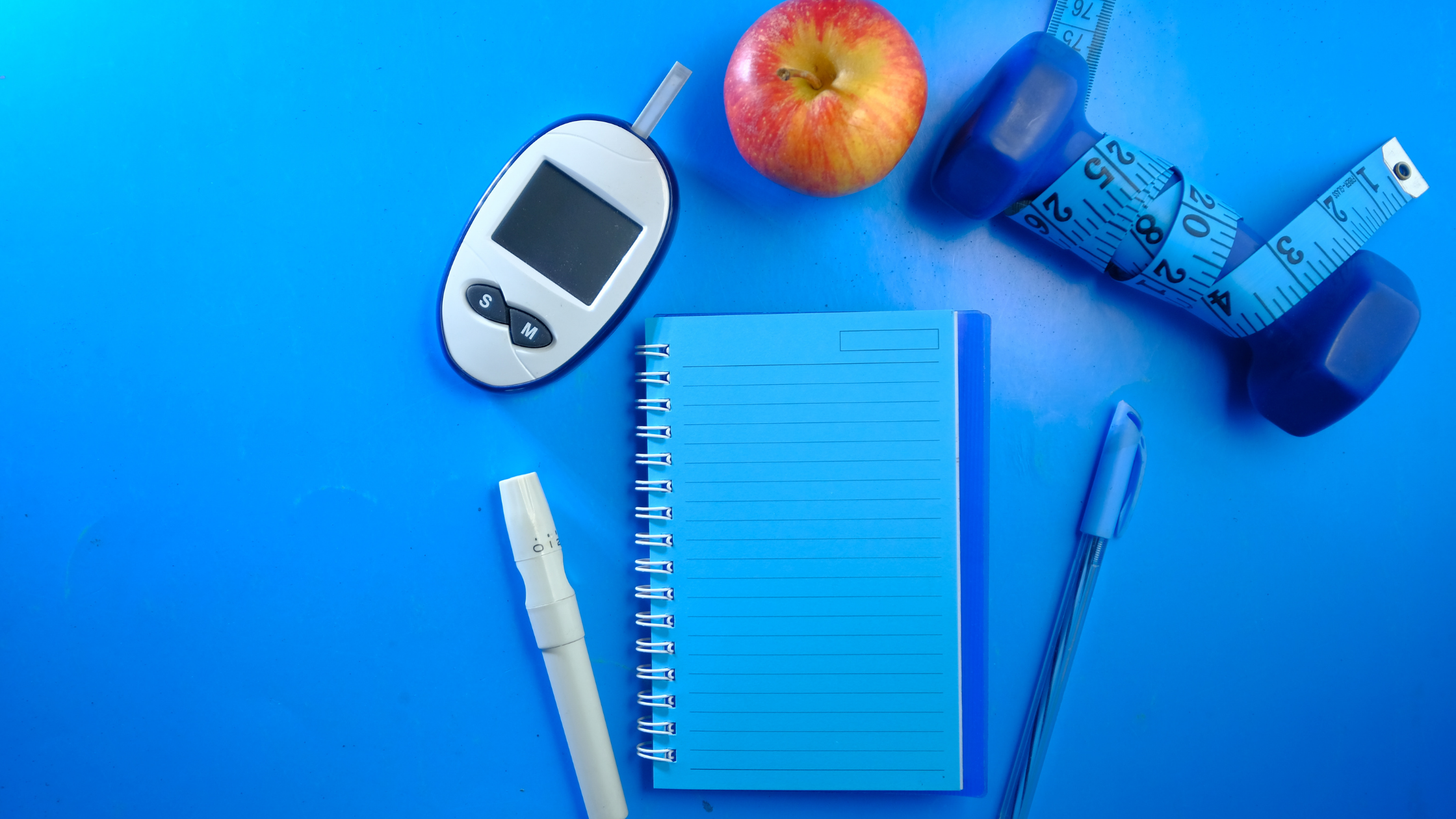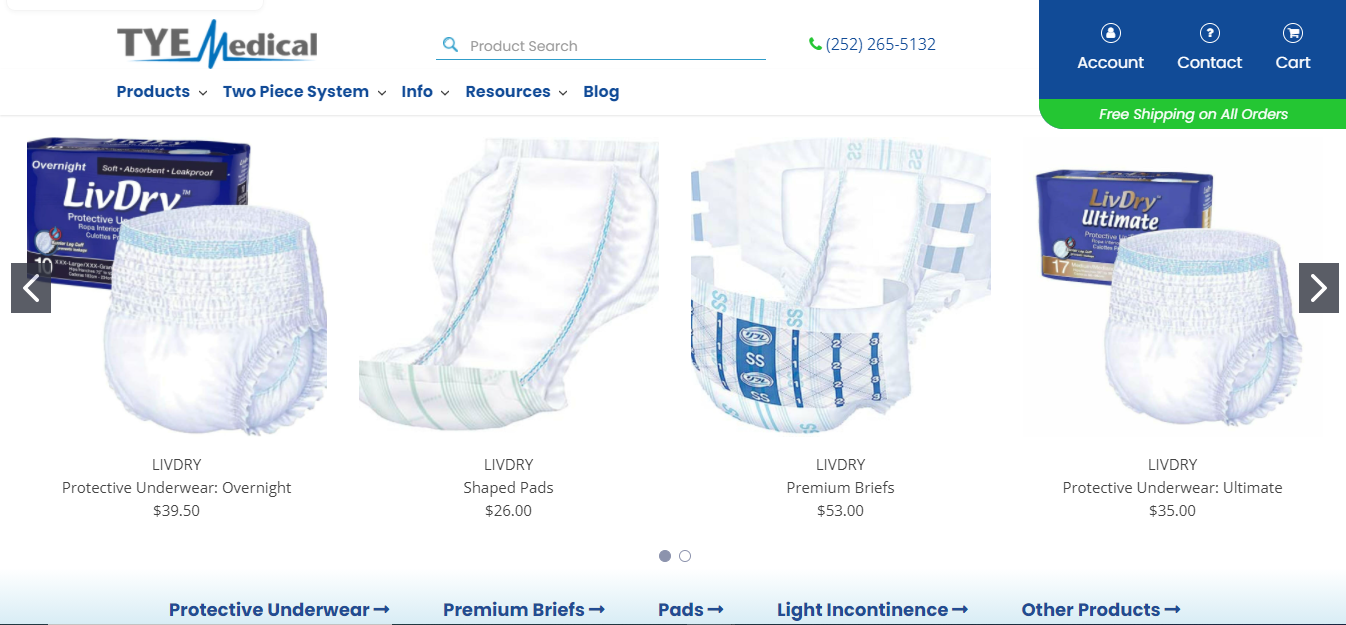High Blood Sugar and Incontinence: Is Diabetes Causing Your Bladder Leaks?
Written by TYE Medical on May 6th 2022
You’re probably aware that high blood sugar can cause vision problems, heart disease, and even amputations. But what about your bladder? If you’re experiencing new or worsening bladder leaks, it’s wise to see your doctor for a diabetes check. While there are many other incontinence causes, uncontrolled blood sugar levels are a common trigger.
You might be wondering how elevated glucose in your blood has anything to do with your bladder. Here is a breakdown of what’s happening in your body and what you can do to stop, slow, or prevent further bladder complications due to diabetes.
Link Between High Blood Sugar and Incontinence

Women with diabetes have up to a 70% higher risk of incontinence than those without the condition. Consistently high blood sugar levels damage nerves, which is why diabetes management is so critical. Nerve damage due to diabetes is called diabetic neuropathy.
You can experience nerve damage in a number of places, including in the bladder area. When bladder nerves are damaged from high blood sugar (or other causes), it’s referred to as neurogenic bladder. When nerves are damaged, it interrupts communication with the brain and the nerves don’t send or receive accurate messages, This can cause a number of urinary symptoms, including incontinence.
People often associate neurogenic bladder with neurological conditions like MS, spinal cord injuries, Alzheimer’s Disease, or Parkinson’s Disease. But high blood sugar due to diabetes is another, lesser-known cause.
What Are Neurogenic Bladder Symptoms?

Symptoms can include a frequent and strong urge to urinate (while only being able to go in small amounts), urinary retention, difficulty emptying the bladder, and incontinence.
Frequency and urgency:
With a neurogenic bladder, your bladder might receive signals to empty, even if you don’t need to go. These signals can be strong, making you feel like you have to go frequently and now! But often when you go, there is little urine released. And even if you do need to urinate, the need will be urgent and difficult to hold back.
Urinary Retention:
Sometimes, damaged nerves don’t signal the bladder that it’s time to release urine. Even though your bladder is full or overfull, you don’t feel the urge to go and bladder muscles don’t release. This is urinary retention, and it can lead to something called overflow incontinence. This occurs when your bladder gets so full that it literally overflows and begins trickling or dribbling out.
Incomplete emptying:
This symptom is related to overflow incontinence and urinary retention, but not everyone with incomplete emptying retains urine to the point of incontinence. When bladder nerves are damaged from high blood sugar, it affects muscle control. You might not be able to relax your bladder muscles enough to empty your bladder when you urinate. This leaves urine behind and makes you feel like you need to go again soon. It can also cause bladder infections because urine remains in your bladder for too long.
Incontinence:
The technical definition of incontinence is the uncontrolled release of urine. In addition to overflow incontinence, a neurogenic bladder due to high blood sugar can leave you with non-responsive or weakened bladder muscles. This happens because the muscles don’t receive the signal to contract and hold back urine, which allows it to leak beyond your control.
Can You Reverse Diabetes Incontinence?

You can’t undo diabetic nerve damage or cure neurogenic bladder. But you can make some lifestyle changes to ease symptoms or prevent them from worsening. Of course, managing your blood sugar level and keeping it consistently within a healthy range is your first priority.
Among the options you can try is scheduled voiding, which means you urinate according to a schedule. This helps prevent bladder leaks and also gives you an opportunity to urinate even though you may not feel the urge. Changes to your diet can also help you avoid certain bladder irritants that can trigger symptoms.
Your doctor may also treat overactive bladder symptoms with medication if appropriate. In more advanced cases, you can use a catheter to help with difficulty urinating and retention. Several surgical procedures may also be recommended, especially if your symptoms are persistent and severe.
Incontinence Products You Can Rely On (with Free, Discreet Shipping)

What’s your need? Do you need a way to manage lighter bladder leaks or more moderate incontinence? Or maybe you need higher-level protection?
But absorbency level isn’t the only consideration. You'll also want to consider comfort, the feel, price, and quality. TYE Medical offers products that check all the boxes, giving you cost-effective options, especially when using our Two-Piece System for moderate to heavy incontinence.
Our support team is on standby to help you with purchasing decisions, and you can also take advantage of our Product Finder Tool to help you in the process. At any time, you can browse our online store and receive free and discreet shipping on all orders.


